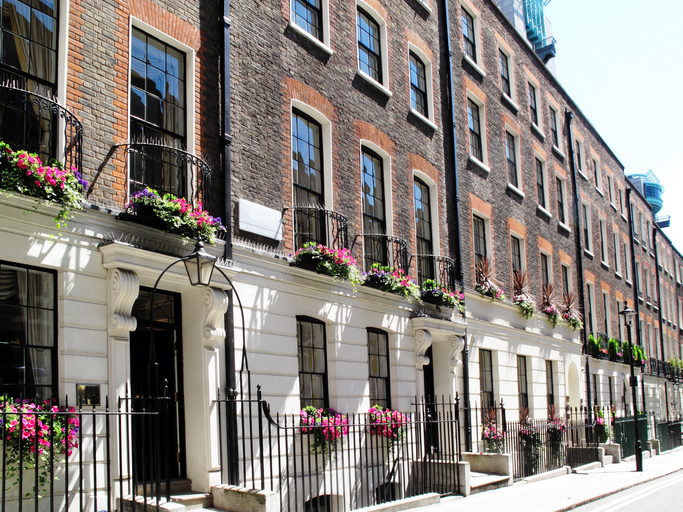
I don’t want to get too meta, but let me tell you about the time a New Statesman article changed my life. I was 21, back from my year abroad in France to visit my boyfriend in Oxford, and it was Valentine’s Day. I went onto Twitter and Laurie Penny, who is, to this day, one of my favourite journalists, had just published a piece. It was called, “Maybe you should just be single”.
“I have spent most of my twenties single,” Laurie wrote. “I spent quite a lot of time being sad about that, even though my life was full of friends, fulfilling work, interesting lovers and overseas adventures. Looking back, though, staying single was probably the best decision I made, in terms of my career, my dedication to my work and activism, and the lessons I learned about how to care for myself and other people.”
Laurie argued that, with honourable exceptions, it is generally better for young, straight women to be single. This is partly because of the strong likelihood that if you aren’t you will spend those precious years tending to the whims and needs of a man-child who expects to be taken care of and puts your dreams second to his own, and partly for the practical reason that being single gives you more time to have all of the adventures, see all of the places and write all of things that you want to when you’re young and life is only just beginning.
I broke up with that boyfriend the following day. I went back to France, and spent the next few months scampering around Paris, reading books, having adventures, making new friends, and falling in love with my life. I went backpacking around south-east Asia, got a tattoo, went zorbing (don’t ask), made even more new friends, and came back the most myself I have ever been. Even while in relationships, I have remained utterly convinced of Laurie’s argument: it is generally better to be single unless the very deepest love convinces you otherwise. You have more time for yourself, your friends, your family, your own work and interests, and the big, bold, juicy life you crave.
I hadn’t been single for a long time. But now, suddenly, here I am again. My boyfriend and I broke up in June, amicably, lovingly, after three years of living together. I am proud of us for admitting that it wasn’t quite right, and for having the courage to start again. It feels brave and honest – the biggest vote of confidence in myself and in the endless possibilities of my own life.
[see also: In my new single life, music, TV, films and books have become a ghost train of lurking frights]
London has opened up again just as I have become single, and I have fallen back in love with this city and with my life. I feel returned to the person I was in Paris, in south-east Asia, and all of the other times in my life where I have felt most free. Life feels full of love and adventure again: dinners and dancing and drinks with new and old friends; nights that begin on one side of the city and end on the other; chance conversations with strangers; a glimpse of a gorgeous corner of London in the moonlight. A text on a Monday afternoon, from an old friend, apropos of nothing, reads simply: “I love you.”
My friends joke that my life now sounds like a bad novel: I have moved in with a vicar and a Buddhist who calls me “darling” and tells me stories of her own adventures all around the world. I have a room of my own, in an old Georgian house, and I feel like a lodger in a BBC period drama, encouraged by the dark, old-fashioned wooden wardrobe in my room that has neatly labelled sections for “hosiery” and “collars”. I step outside, scamper down the steps, a production crew are, indeed, filming a BBC period drama on the neighbouring street.
I’ve realised I love being on my own and the space it gives me to appreciate the other things that already were in my life. It isn’t that I don’t want another relationship, or that I don’t miss the brilliant person I was with. But I have work to do, adventures to go on, old friends to cherish, new ones to make, and my last bit of growing up to do first.
Tracey Thorn is away
[see also: I once found comfort in solitude. Will I ever enjoy my own company again?]
This article appears in the 22 Sep 2021 issue of the New Statesman, Great Power Play






